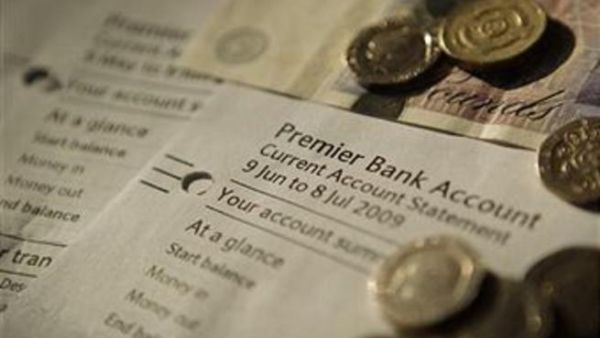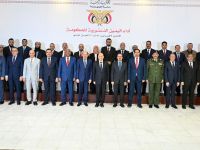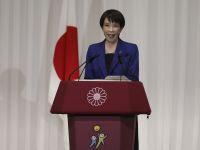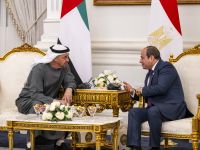The IMF said that United Arab Emirates is looking at introducing a uniform corporate tax rate across its seven states as it wants to reduce its dependence on oil revenue, but a government official said there would be no new taxes for at least two years.
UAE has been mulling plans to trim its fiscal dependence on volatile oil prices for the past few years and reform its fragmented tax system, which is obscured by different charges and levies introduced by individual emirates.
At present each emirate has its own corporate tax rate but in practice corporate tax is only enforced on foreign oil companies and banks and many companies are based in tax-free zones.
Individuals do not pay income tax. But deciding to impose a unified corporate tax would mark a major shift in philosophy for emirates such as Dubai, which has used a low-tax profile and tax-free zones to attract firms and cement its position as the Gulf Arab trade and financial hub.
Oil companies in the UAE currently pay up to 55 percent corporate tax while banks pay around 20 percent. The UAE is one of the world’s top oil exporters but Dubai’s 2009-2010 debt crisis has weighed on government budgets, forcing even oil-rich Abu Dhabi to cut back on spending.
A new revenue stream would help hedge against a fall in oil prices and expand policy tools in the UAE where monetary policy is restricted because the dirham is pegged to the dollar.
The IMF said it supported Dubai and Abu Dhabi’s plans for further fiscal consolidation in the coming years, with Dubai aiming to bring its fiscal accounts close to balance by 2014, and said further funds may be needed to support ailing government-owned entities.








